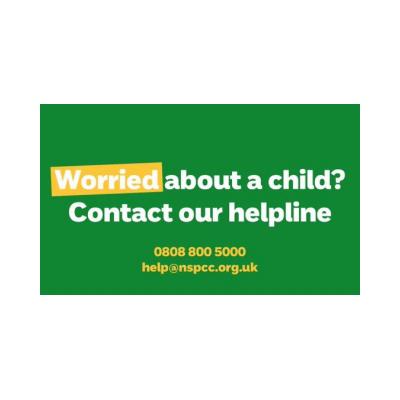Children have a right to be safe and happy
NSPCC NI and the Department of Education have this week sent every primary school in Northern Ireland a copy of the NSPCC Keeping Safe research.
NSPCC NI and the Department of Education have this week sent every primary school in Northern Ireland a copy of the NSPCC Keeping Safe research. The research focused on the development of preventative education within primary schools which would teach children how to keep themselves safe from bullying, child abuse and domestic violence. The study assessed children’s knowledge and understanding of keeping safe and examined what primary schools currently do to teach keeping safe messages.
The research found that there were significant gaps in children’s knowledge and understanding, particularly in relation to keeping safe from domestic abuse, appropriate and inappropriate touching from people known to them and the risks posed by strangers.
It also reported that younger children, children with special educational needs and those with fewer sources of keeping safe information tended to have less knowledge and understanding of how to keep safe.
Teachers and other school staff do understand the role they can play in teaching children how to keep safe from harm, however the research found that they are concerned about dealing with the more sensitive issues such as sexual abuse and domestic abuse and they also lack confidence in their ability to respond effectively to disclosures.
Phyllis Stephenson, NSPCC NI Education Adviser said, “All children should be taught how to keep safe from bullying, child abuse and domestic abuse through an effective preventative curriculum. Schools should be resourced and supported to enable a whole school community, including teachers, support staff and parents, to engage effectively in teaching ‘keeping safe’ messages to children”.
“We are delighted that the Department of Education has pledged its continued commitment to this work and will now look at how the recommendations from the research might be implemented and to working with NSPCC to explore the development of resource materials for teachers, other school staff and parents to enable them to teach “keeping safe” messages through preventative education”.
Notes to Editors:
1. The findings of the project are presented in four reports, each one focusing on a different key stakeholder involved in the consultation: children; cross sector partners; parents and teachers .Additionally, a summary report exploring practice, policy and research implications, and a shorter summary report for the whole project were also produced. The reports can be downloaded from www.nspcc.org.uk/inform
2. The work is being taken forward as part of the Departments Pupils’ Emotional Health and Wellbeing Programme

